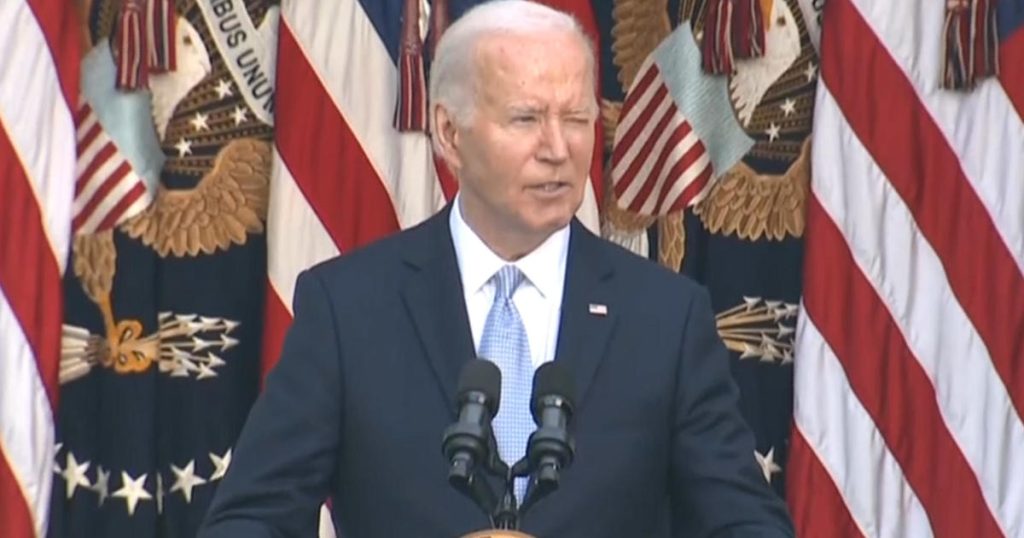President Biden recently rebuked the International Criminal Court’s request for a war crimes arrest warrant for Israeli Prime Minister Benjamin Netanyahu and the leaders of Hamas. The president referred to the move as “outrageous” and emphasized that there is no equivalence between Israel and the militant group. Biden’s criticism reflects a strong stance in support of Israel and its leaders amidst ongoing tensions in the region.
The International Criminal Court’s request for an arrest warrant for Netanyahu and Hamas leaders comes in the midst of escalating violence between Israel and Hamas. The conflict has resulted in numerous casualties and widespread destruction in the region. The ICC’s decision to pursue war crimes charges against the leaders of both parties indicates a significant step in holding them accountable for their actions during the conflict.
President Biden’s condemnation of the ICC’s request for an arrest warrant highlights the complex and divisive nature of the Israel-Palestine conflict. By firmly siding with Israel and denouncing any equivalence between the country and Hamas, Biden is sending a clear message of support for Israel’s leadership. This stance may have broader implications for U.S. foreign policy in the Middle East and could impact diplomatic efforts to negotiate peace in the region.
The ICC’s involvement in the Israel-Palestine conflict raises questions about the role of international institutions in addressing conflicts and holding leaders accountable for their actions. The decision to pursue war crimes charges against Netanyahu and Hamas leaders underscores the international community’s attention to the conflict and its impact on civilian populations. However, the ICC’s actions may also face criticism and pushback from countries and leaders that support Israel.
The ongoing tensions in the Israel-Palestine conflict highlight the challenges of achieving a lasting peace in the region. The conflict has deep historical and political roots that continue to fuel violence and animosity between the two parties. President Biden’s response to the ICC’s request for an arrest warrant for Netanyahu and Hamas leaders reflects a broader effort to navigate the complexities of the conflict and support U.S. allies in the region.
As the Israel-Palestine conflict continues to unfold, the involvement of international institutions like the ICC adds a new dimension to the longstanding dispute. President Biden’s criticism of the ICC’s request for an arrest warrant for Netanyahu and Hamas leaders underscores the complexities and sensitivities of the conflict. The U.S. government’s stance on the issue will likely shape its diplomatic relationships in the Middle East and its approach to promoting peace and stability in the region.


